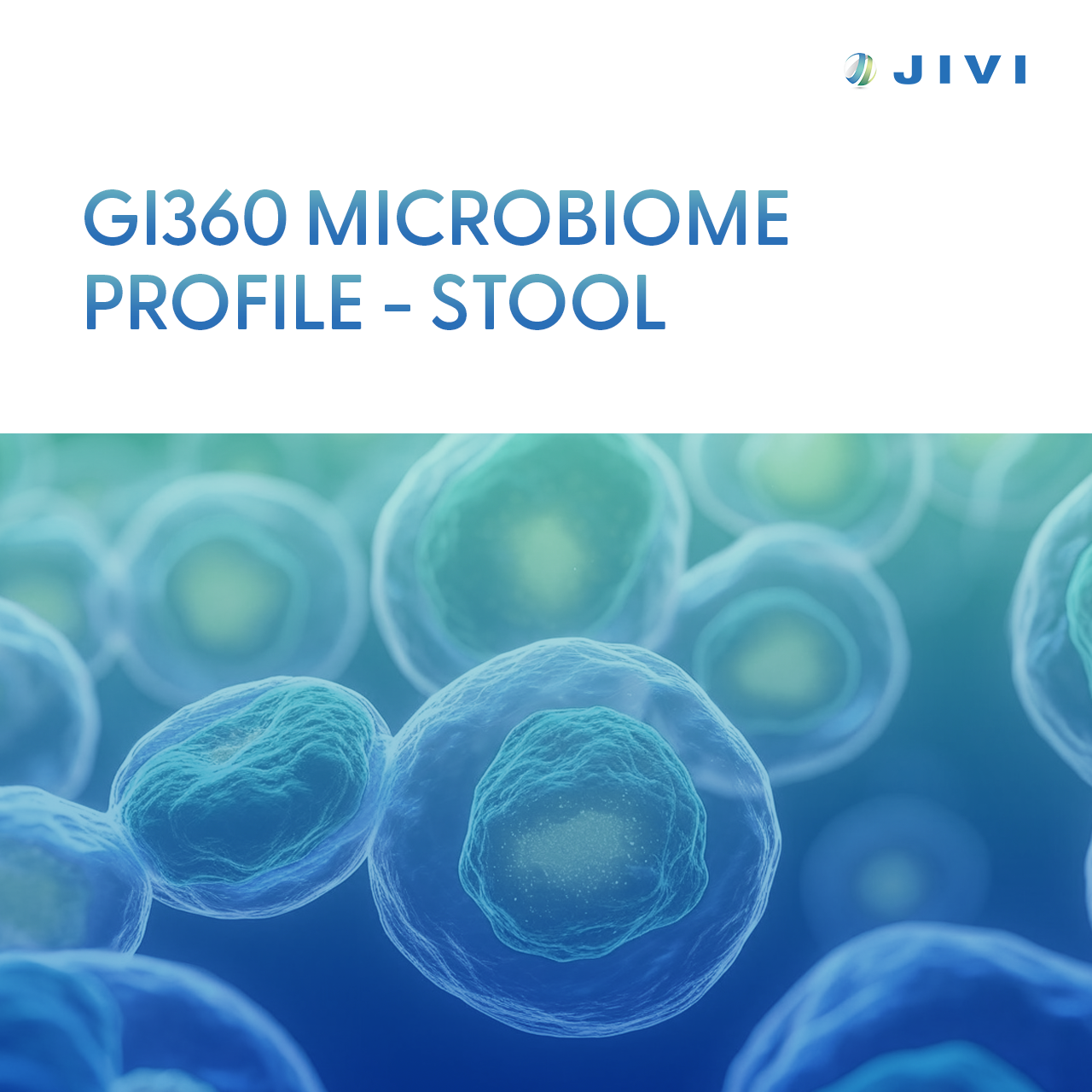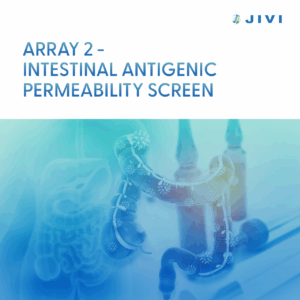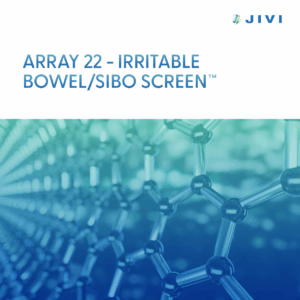Description
GI360 Microbiome Profile
The GI360 Microbiome Profile is a DNA-based stool test that uses advanced techniques (like multiplex qPCR and MALDI-TOF, and possibly whole genome sequencing for certain parts) to thoroughly characterize the gut microbiota.
What does this test measure?
It reports on over 45 organisms, including:
- Beneficial bacteria (like Lactobacillus, Bifidobacterium)
- Commensals and potential pathogens (like C. difficile, toxigenic E. coli strains, H. pylori)
It provides indices of dysbiosis (imbalance) and diversity, which are important for gut health. Additionally, GI360 often includes testing for parasites and viruses via PCR, classic stool chemistry (like calprotectin for inflammation, elastase for pancreas, occult blood), and culture for yeast or difficult bacteria with MALDI-TOF identification.
Who is this test most suitable for?
- Individuals with poor diet (standard high-sugar diet altering flora)
- Those post-antibiotic use (to assess gut recovery)
- Patients using probiotics or fermented foods wanting to see impact
- Health enthusiasts tracking their microbiome diversity
Clinical Use
Clinical uses include investigating causes of IBS/IBD, chronic GI infections, or general health optimisation by improving the microbiome. If a patient has chronic diarrhea, GI360 might detect an overgrowth of pathogenic Blastocystis hominis or a deficiency in beneficial flora, etc. The results guide targeted therapies: for example, if overgrowth of certain bacteria is found, specific antibiotics or herbal antimicrobials can be used along with probiotics to restore balance. The test essentially merges molecular technology with functional markers to get a comprehensive gut profile.




![Food Sensitivities and Gut Imbalance <small>[Organic Acids Test + IgG Food MAP]</small>](https://www.jivi.co/wp-content/uploads/2025/06/04-Food-Sensitivities-and-Gut-Imbalance-300x300.png)



